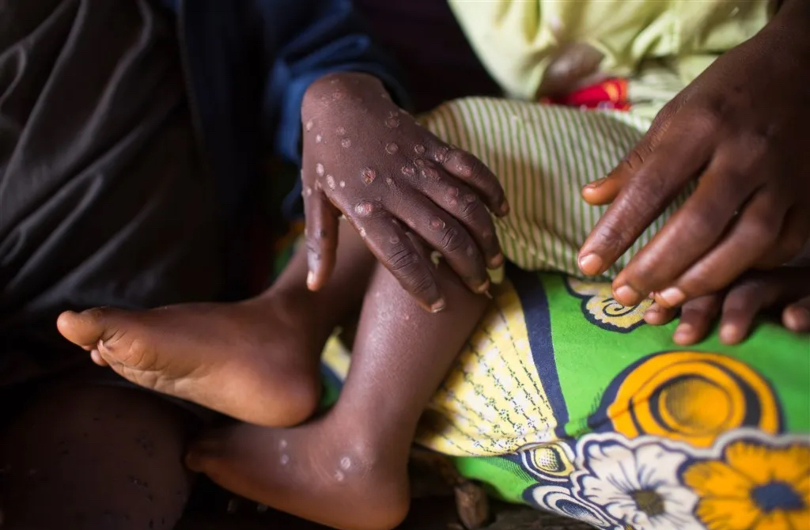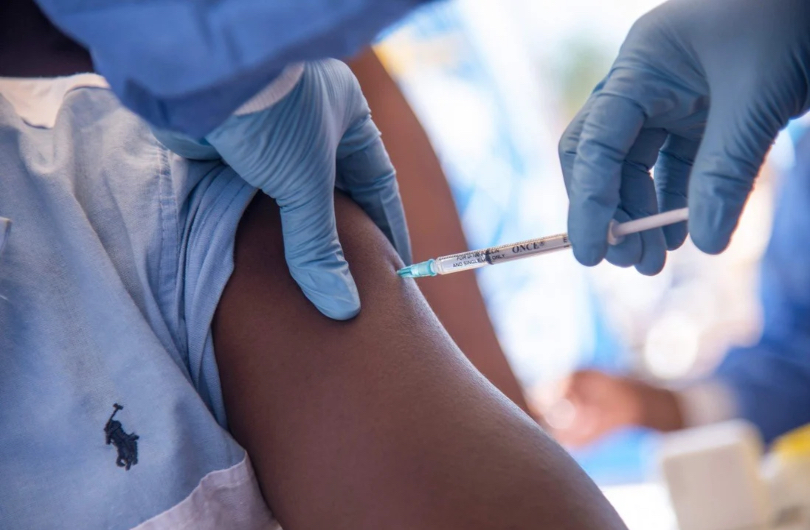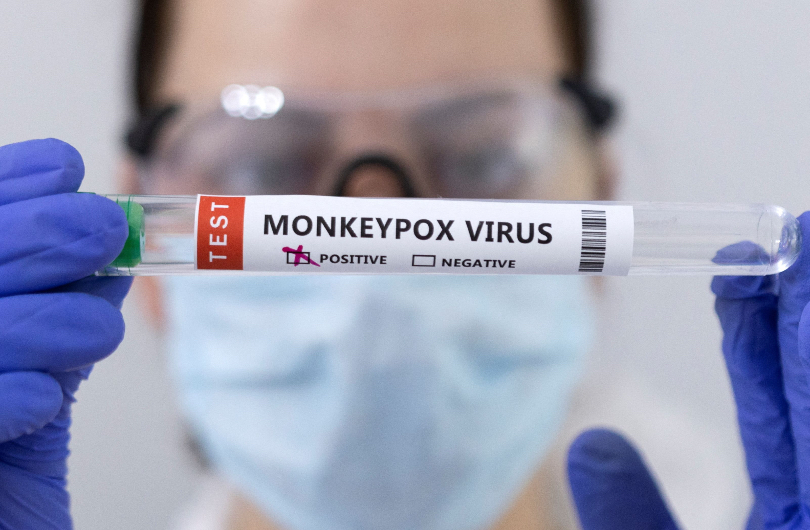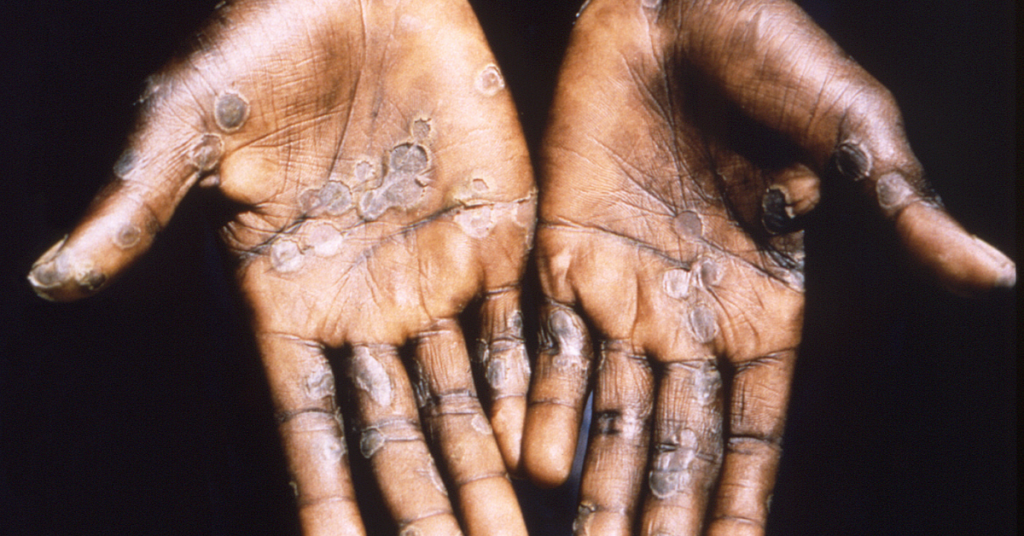Following a worldwide disaster such as the Covid-19 pandemic, many people are still on guard for any unexpected viral outbreaks, especially when international borders progressively reopen. Recently, reports of a disease known as “monkeypox” has made headlines throughout the world, causing anxiety when the World Health Organisation (WHO) issued a medical alert.
Dr. Noor Hisham, Director General of the Health Ministry of Malaysia, advises individuals arriving from countries with outbreaks and developing symptoms to seek medical treatment quickly, tell medics of their travel history, and self-isolate.
However, like with any other health condition, the greatest thing you can do to protect yourself and your loved ones is to prevent undue worry and remain with the following disease. Rest assured we here at Glitz will keep you engaged with recent information by the Malaysian Healthcare Official. Keeping that in mind, here’s all you need to know about monkeypox.

What Exactly Is Monkeypox?
Contents
Monkeypox was first detected in 1958 after two outbreaks of a pox-like illness in study groups of monkeys. Despite its name, the monkeypox virus is no longer transmitted by monkeys. Scientists aren’t sure, but it’s suspected to be spread by tiny rodents and squirrels in Africa’s rainforests. It is also categorised as an orthopoxvirus, just like the more well-known virus that causes smallpox.
As per Malaysian Ministry of Health, Monkeypox is an uncommon zoonotic viral illness that may pass from animals to humans and potentially between people. Monkeypox virus can also be classified into two strains: Central African and West African. But be aware that The Central African monkeypox virus produces more serious illnesses and is more likely to kill than the West African monkeypox virus.
What Are The Symptoms?
Fever, headaches, swellings, back discomfort, and aching muscles are among the first signs. Once the fever has subsided, a rash may appear, usually starting on the face and spreading to other areas of the body, most often the palms of the hands and soles of the feet. The rashes, which can be extremely itchy or hurtful, vary and progress through many phases before creating a scab, which eventually peels off. Scarring may result from the infections. The illness normally goes away on its own within 14 to 21 days.
Pre & During Disease:
- Fever
- Constant headaches
- Swellings
- Redness
- Back discomfort
- Muscles aches
Post Disease:
- Rashes
- Continual redness
- Extreme itchiness
- Scabs
- Scarring
- Skin discomfortness

How Do One Catch It?
Monkeypox can be transmitted by direct contact with an infected individual. The virus can enter the body through open wounds, the respiratory tract, or the eyes, nose, or mouth. It has never been identified as a sexually transmitted infection, although it can be spread through intimate contact. Anyone infected with the virus is advised to avoid sex while experiencing symptoms.
While there is no proof that monkeypox may be transmitted through sexual fluids, those who have been diagnosed with the virus are encouraged to use protections for eight weeks following infection as a precautionary. It can also be transmitted through contact with infected animals or through virus-infected things such as bedding and clothing.
Is Monkeypox Curable?
There are no documented, safe treatments for monkeypox at the moment. Antiviral medications may be beneficial, although they have not been investigated as a therapy for monkeypox. Instead, your doctor will keep an eye on your situation and try to alleviate your symptoms.
Most patients recover on their own, without the need for therapy. If there is a monkeypox epidemic involving numerous persons, the Centers for Disease Control (CDC) provides alternatives for controlling the disease’s transmission, including smallpox vaccination and other therapies.

How To Prevent Monkeypox
A smallpox vaccination can protect against monkeypox, but its use is now restricted to persons who deal with the variola (smallpox) virus in a lab. Prevention relies on reducing human contact with diseased animals and restricting one-to-one transmission. You may avoid the monkeypox virus by doing the following:
- Staying away from diseased animals (especially sick or dead animals).
- Avoiding contact with contaminated bedding and other objects (don’t share your clothes, especially towels).
- After coming into touch with an infected animal, wash your hands with soap and water.
- Cook thoroughly any items containing animal flesh or components (avoid eating any raw foods such as sushi).
- Avoiding contact with anyone who may have the illness
For more beauty infos, make sure to follow us on Instagram and Facebook! Also, check out our Insider Mall to Shop & Get Rewarded!


















